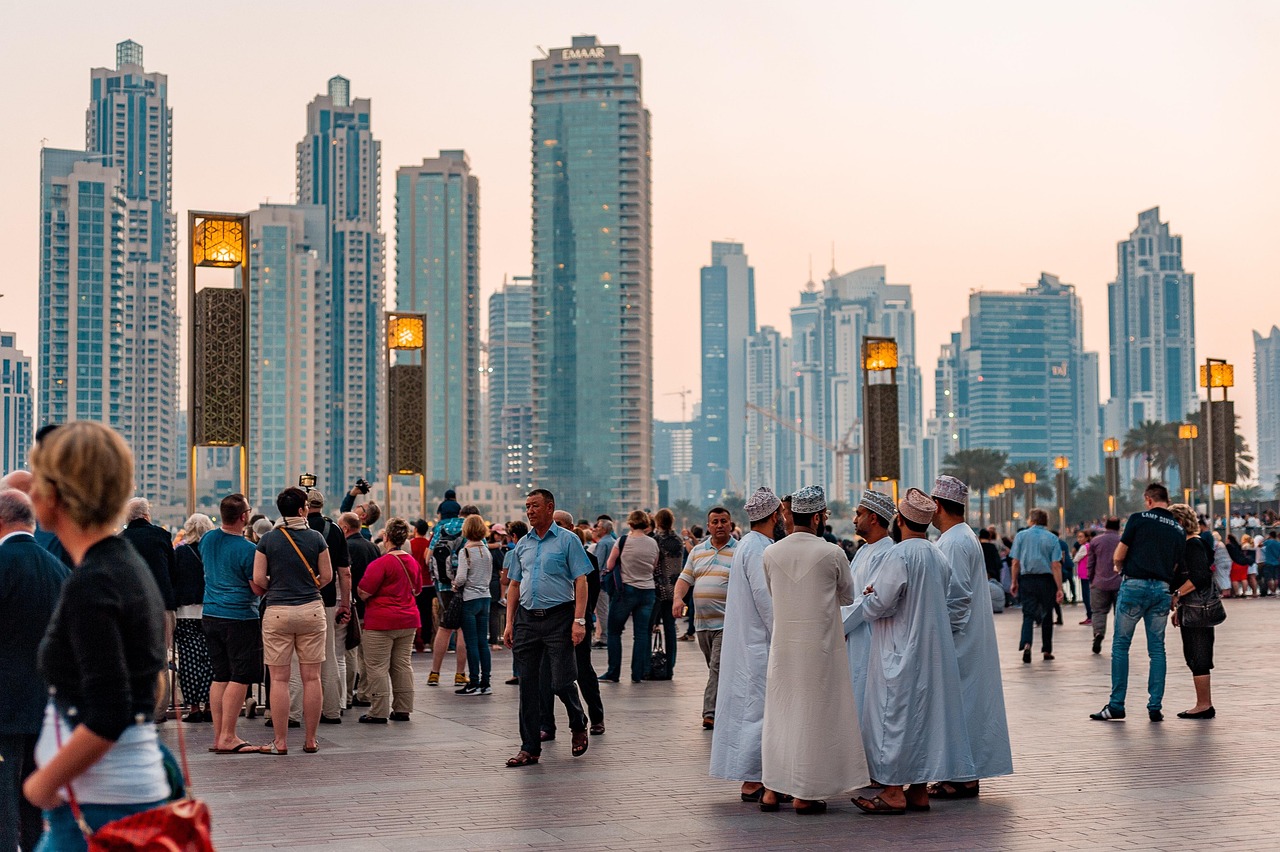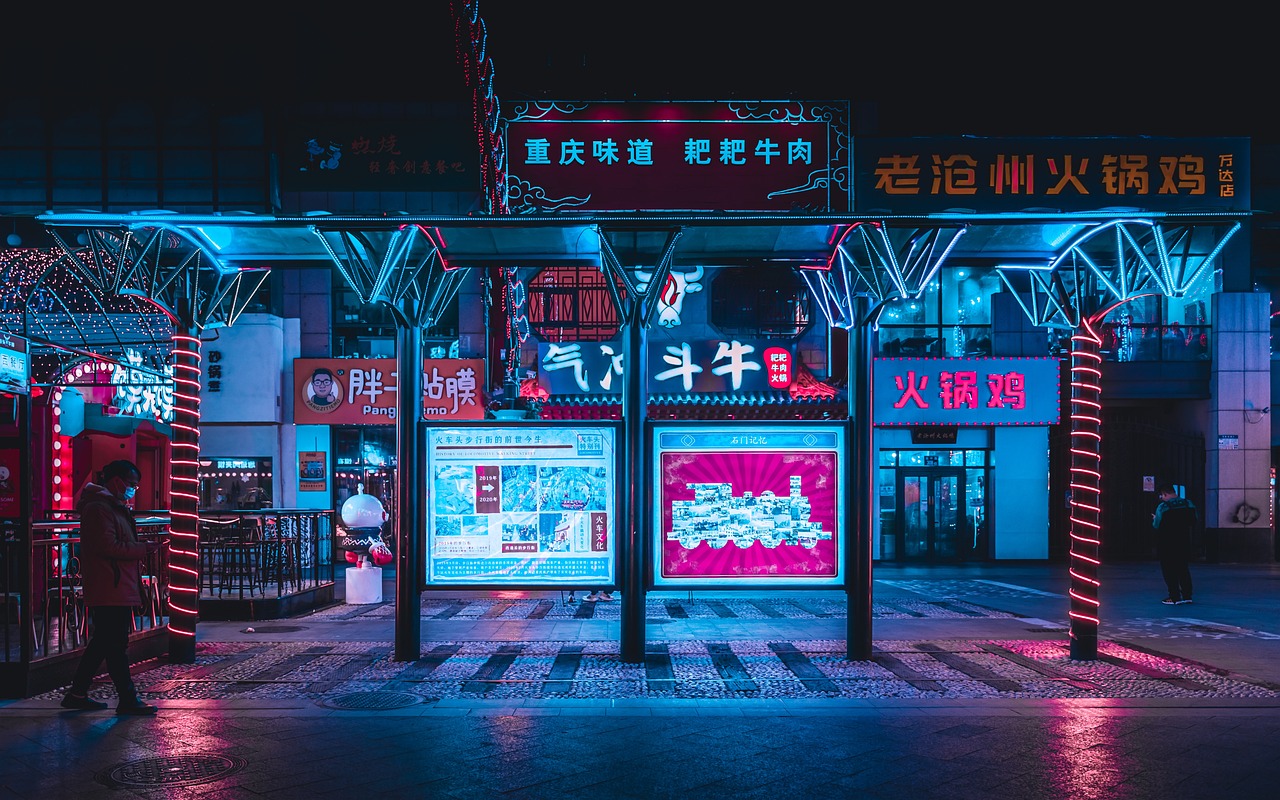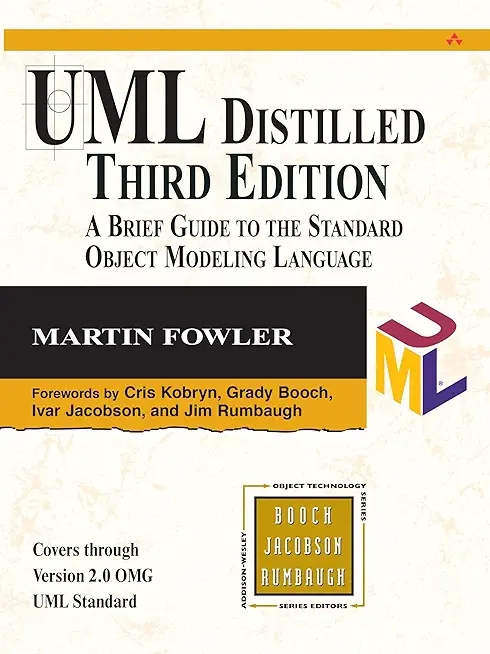Slovakia’s Role in China WWII Event Sparks EU US Tensions Debate

Slovakia China WWII commemoration
Slovak Prime Minister Robert Fico’s decision to attend China’s 80th anniversary commemoration of Imperial Japan’s surrender has spotlighted divisions within the European Union regarding engagement with China and Russia. While most EU leaders stayed away from the event, Fico criticized their absence as “embarrassing,” emphasizing the importance of honoring all victims of the fight against fascism. His visit to Beijing included meetings with President Xi Jinping and Russian President Vladimir Putin, signaling Slovakia’s willingness to participate in a global dialogue that many EU counterparts have avoided. Fico framed the gathering as a recognition of a “new world order” with evolving power dynamics, advocating for dialogue over a stance he described as the EU playing “the role of an offended little child.” This highlights a broader tension within the West on how to relate to emerging global powers and historical narratives (RT, 2025).
China’s commemoration, marked by a grand military parade, attracted leaders from countries like Serbia and North Korea, underscoring a bloc of nations willing to publicly align with Russia and China’s vision of history and global order. This contrasts sharply with the mainstream EU position, which has increasingly distanced itself from Moscow due to the ongoing conflict in Ukraine and remains wary of Beijing’s geopolitical ambitions. The human toll commemorated—estimated at up to 20 million Chinese casualties in their war against Japan and 27 million Soviet losses in the defeat of Nazi Germany—serves as a powerful backdrop for these diplomatic postures, reinforcing the event’s gravity beyond mere political signaling (RT, 2025).
EU-US Relations Tensions
While Fico’s stance highlights intra-European divergence on China and Russia, the EU’s top diplomat Kaja Kallas has openly criticized the United States for policies she argues weaken Western cohesion. Highlighting US-imposed tariffs on traditional allies including Canada, Australia, and Japan, Kallas warned that such actions fracture the Western alliance, inadvertently strengthening the position of Russia and China on the global stage. Her remarks at the EU Institute for Security Studies reflect a growing concern that internal disputes within Western alliances undercut collective influence and embolden adversaries who demonstrate unity through shared historical commemorations and strategic partnerships (RT, 2025).
Kallas pointed to a notable moment at an Association of Southeast Asian Nations meeting where the Russian delegation emphasized Moscow’s ties with China while jointly commemorating WWII victories—an alliance that challenges Western narratives and alliance structures. She expressed surprise at the Russia-China commemoration, given the complex history and vast human losses these countries share in fighting Axis powers, suggesting that many in the West may underestimate the durability and significance of this partnership. This dynamic adds nuance to today’s geopolitical landscape, where historical memory is instrumentalized to forge new alliances and legitimize emerging power balances (RT, 2025).
Geopolitical Historical Narratives
The contrasting approaches between EU leaders like Fico and Kallas reveal deeper disputes over the interpretation of history and its role in current global politics. Fico’s emphasis on inclusivity in commemorating all victims of fascism aligns with Beijing and Moscow’s narrative that their sacrifices during WWII form the foundation of their contemporary geopolitical stature. This narrative bolsters their claim to leadership in shaping a “new world order” where Western dominance is contested. Meanwhile, Kallas’s critique warns against uncritical acceptance of these narratives, implying that historical memory can be manipulated for political ends that serve authoritarian regimes or undermine democratic alliances (RT, 2025).
The Russia-China partnership commemorating victory in WWII serves not only as a historical reflection but as a strategic display of solidarity. Putin’s speech underscored the “huge price” paid for peace and freedom, framing it as the basis for present and future achievements. This reinforces a worldview where Russia and China position themselves as defenders of a global order that contrasts with Western liberal-democratic models. The EU’s reticence to engage in these commemorations may reflect discomfort with this revisionist undertone, but it also risks ceding symbolic and diplomatic ground to these emerging coalitions.

Slovakia Serbia geopolitics engagement
The participation of Slovakia and Serbia in both Moscow’s May 9 Victory Day and Beijing’s recent commemoration signals a willingness by some European states to engage independently with Russia and China despite Western sanctions and diplomatic pressures. These countries navigate a complex geopolitical space, balancing their EU aspirations or memberships with historical, cultural, and strategic ties to Russia and China. Their presence at these events has drawn criticism from Western officials, who view such engagements as undermining a unified Western stance on Russia’s aggression in Ukraine and China’s assertiveness in global affairs (RT, 2025).
However, from the perspective of Fico and his Serbian counterpart Aleksandar Vucic, these diplomatic moves affirm national sovereignty in foreign policy decision-making and recognize the importance of dialogue with all global powers. Their actions highlight fractures within EU and NATO cohesion, raising questions about the durability of Western diplomatic unity in the face of shifting global alliances and power structures. This also reflects broader debates within Europe on how to reconcile security dependencies, economic interests, and historical memories that diverge widely across member states.

economic friction Western unity
Underlying these diplomatic tensions is the economic friction between the US and its allies, which Kallas identifies as a significant factor weakening Western unity. The imposition of tariffs on friendly nations complicates coordinated responses to geopolitical challenges posed by Russia and China. Such economic disputes risk fragmenting the Western bloc’s ability to present a coherent front in trade negotiations, security arrangements, and international forums. This fracturing contrasts sharply with the image of Russia and China presenting a united front, both commemorating shared sacrifices and signaling long-term strategic partnership (RT, 2025).
In this context, trade policy becomes a proxy battlefield where alliances are tested and redefined. The tension between economic nationalism and multilateral cooperation challenges established norms and compels Western leaders to reconsider how to maintain influence in a multipolar world. The EU’s internal disagreements, as reflected in the divergent stances of leaders like Fico and Kallas, underscore the difficulty of sustaining collective strategy amid competing national interests and external pressures. How the West reconciles these differences may determine its capacity to effectively counterbalance emerging powers in the coming decade. What is the impact of these divergent strategies on the future of EU foreign policy? How might the evolving Russia-China partnership influence global power dynamics moving forward?




